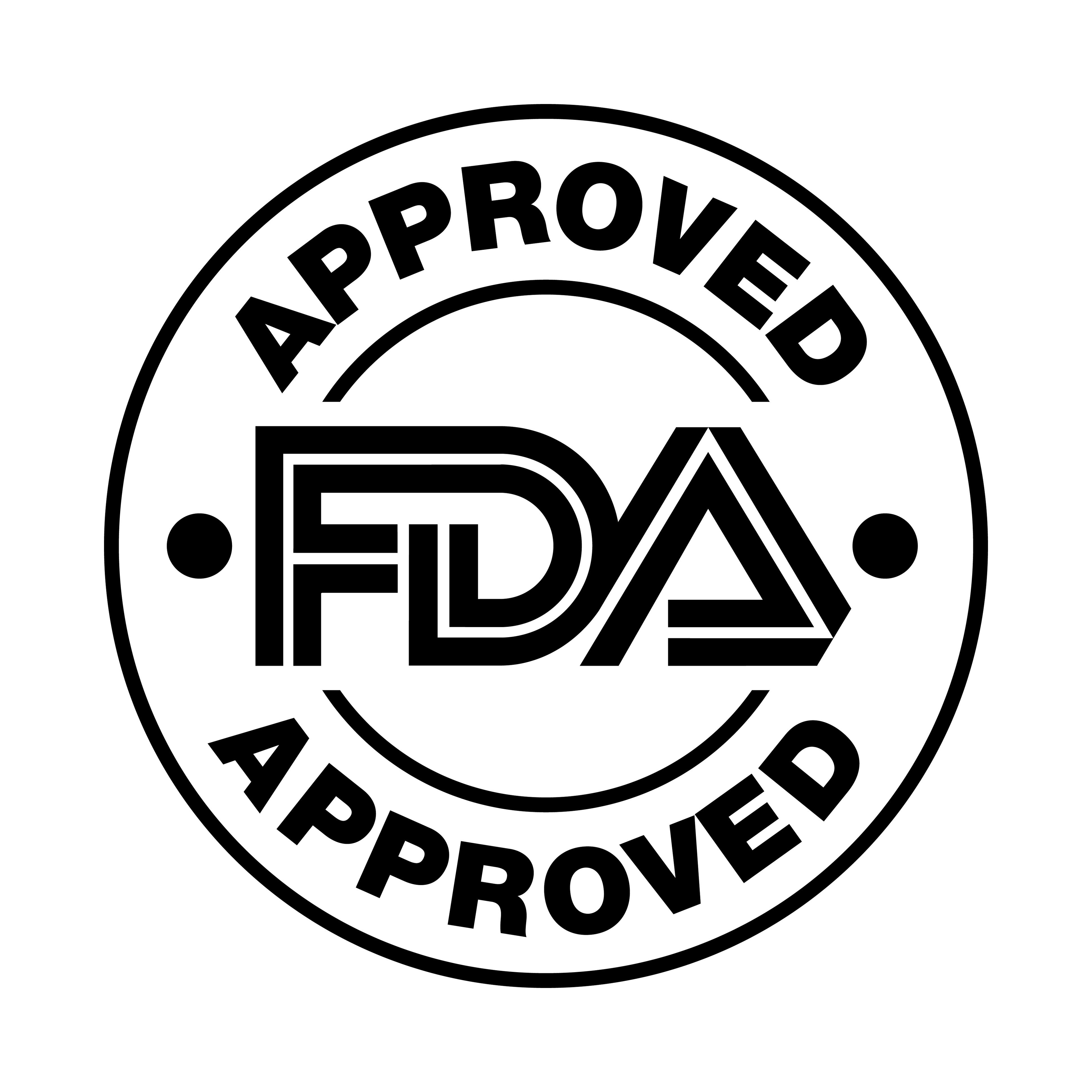News
Article
FDA Approves First Nasal Spray for Anaphylaxis
Author(s):
neffy is an epinephrine nasal spray for the emergency treatment of allergic reactions in adults and pediatric patients.
The FDA approved neffy (ARS Pharmaceuticals), an epinephrine nasal spray for the emergency treatment of allergic reactions, including anaphylaxis, for adults and pediatric individuals who weigh at least 30 kg. This marks the first approval for a nasal spray for the treatment of anaphylaxis, according to the agency.1
Image Credit: Calin - stock.adobe.com

“Today’s approval provides the first epinephrine product for the treatment of anaphylaxis that is not administered by injection. Anaphylaxis is life-threatening and some people, particularly children, may delay or avoid treatment due to fear of injections,” Kelly Stone, MD, PhD, associate director of the Division of Pulmonology of Allergy and Critical Care in the FDA’s Center for Drug Evaluation and Research, said in the news release. “The availability of epinephrine nasal spray may reduce barriers to rapid treatment of anaphylaxis. As a result, neffy provides an important treatment option and addresses an unmet need.”1
Type 1 hypersensitivity is an immediate reaction that involves immunoglobin E antibodies against soluble antigen, according to the National Library of Medicine. This causes mast cell degranulation and the release of histamine and other inflammatory mediators, which causes anaphylaxis. Anaphylaxis is an acute and life-threatening disorder that is categorized as rapidly evolving multi-systemic allergic reaction. Presentations include mild skin flushing and pruritus as well as severe respiratory symptoms. The National Library of Medicine estimated that there’s a lifetime prevalence of 1% to 3%, worldwide, with the prevalence increasing.2,3
The approval was based on 4 studies, which included 175 healthy adults without anaphylaxis. The studies measured the epinephrine concentrations in the blood following neffy or an approved epinephrine injection product administration, according to the FDA.1
The agency stated that the results showed comparable blood concentrations, with similar increases to blood pressure and heart rate, which are the 2 main effects of epinephrine in treating anaphylaxis. Furthermore, the investigators found that there were similar concentrations in children who weighed more than 66 pounds.1
Common adverse events include throat irritation, intranasal paresthesia, headache, nasal discomfort, feeling jittery, paresthesia, fatigue, tremor, rhinorrhea, nasal pruritus, sneezing, abdominal pain, gingival pain, hypoesthesia oral, nasal congestion, dizziness, nausea, and vomiting, according to the FDA.1
Neffy is a single-dose nasal spray that is administered to one nostril, with a second dose in the same nostril if there are no improvement or worsening of symptoms.1
Previously, the agency granted the drug fast track designation and issued a complete response letter (CRL) for the nasal spray in September 2023. As per the CRL. The FDA issued 2 additional requestions, including the completion of a repeat dose pharmacokinetic and pharmacodynamic study and the completion of updated nitrosamine testing. In April 2024, ARS Pharmaceuticals submitted their response to the CRL.4
“After approximately 6 months of receiving the CRL for neffy, we were able to pivot quickly to successfully complete the repeat dosing nasal allergen challenge study and updated nitrosamine testing with no measurable levels of nitrosamines detected, and submit our response to the CRL,” Richard Lowenthal, co-founder, president, and CEO of ARS Pharma, said in a news release. “Our focus on addressing any requests from the FDA to optimize our labeling remains critical in our mission to bring neffy to patients, providers, and caregivers who continue to show substantial enthusiasm for a needle-free, safe, effective, and easy to carry epinephrine solution.”4
References
1. FDA Approves First Nasal Spray for Treatment of Anaphylaxis. News release. FDA. August 9, 2024. Accessed August 9, 2024. https://www.fda.gov/news-events/press-announcements/fda-approves-first-nasal-spray-treatment-anaphylaxis
2. Abbas M, Moussa M, Akel H. Type I Hypersensitivity Reaction. In: StatPearls. Treasure Island (FL): StatPearls Publishing; July 17, 2023.
3. McLendon K, Sternard BT. Anaphylaxis. [Updated 2023 Jan 26]. In: StatPearls [Internet]. Treasure Island (FL): StatPearls Publishing; 2024 Jan-. Available from: https://www.ncbi.nlm.nih.gov/books/NBK482124/
4. ARS Pharmaceuticals Submits Response to FDA Complete Response Letter for neffy (Epinephrine Nasal Spray). News release. ARS Pharmaceuticals. April 3, 2024. Accessed August 9, 2024. https://ir.ars-pharma.com/news-releases/news-release-details/ars-pharmaceuticals-submits-response-fda-complete-response
Newsletter
Stay informed on drug updates, treatment guidelines, and pharmacy practice trends—subscribe to Pharmacy Times for weekly clinical insights.






